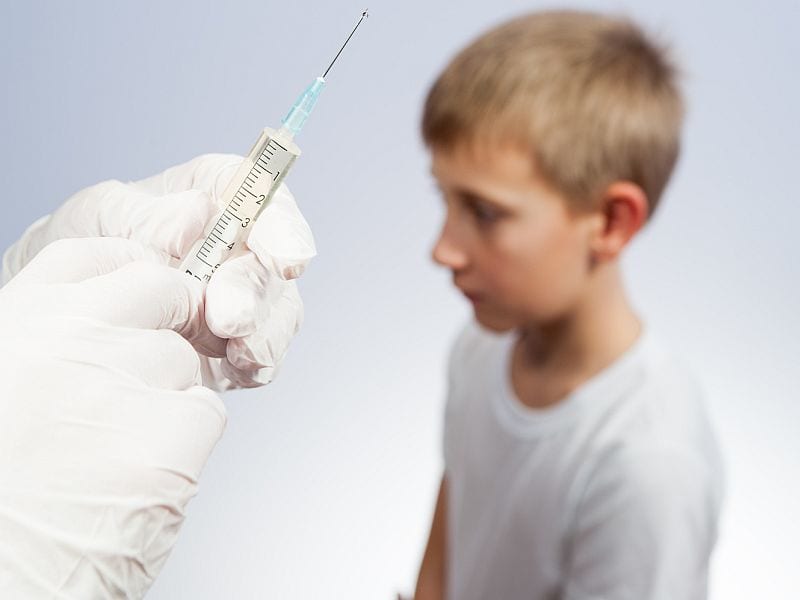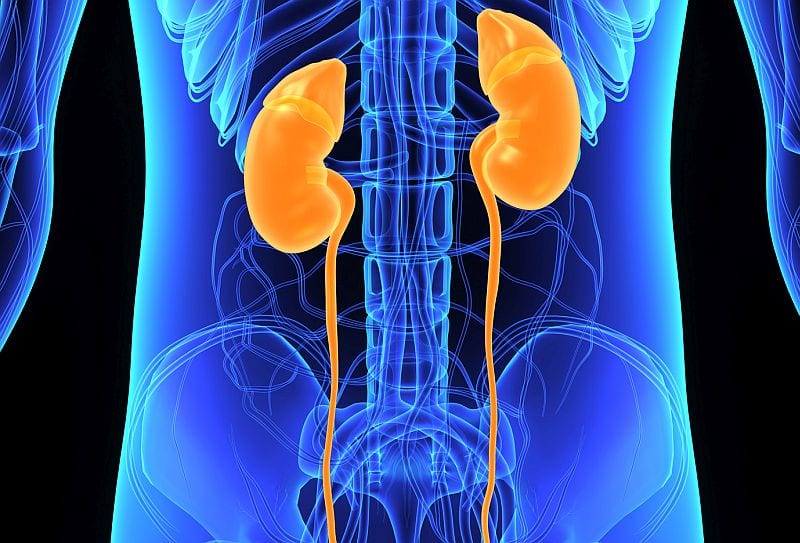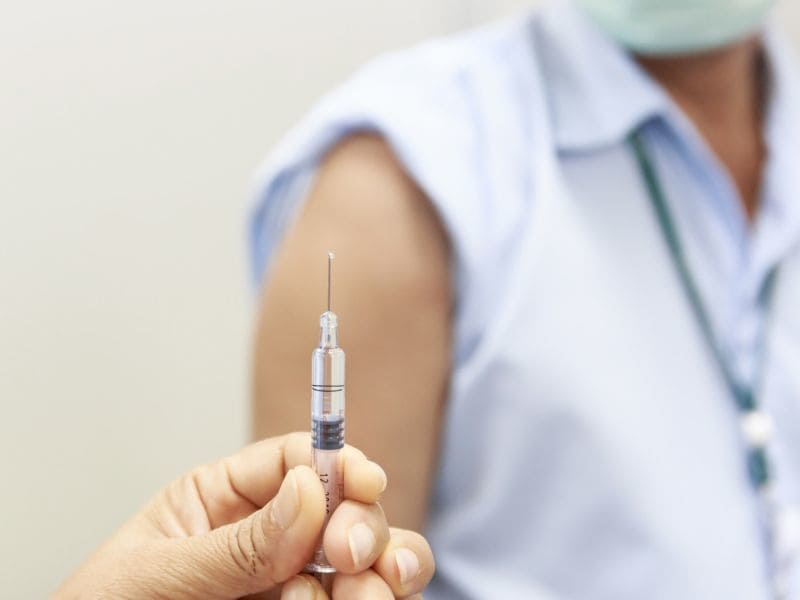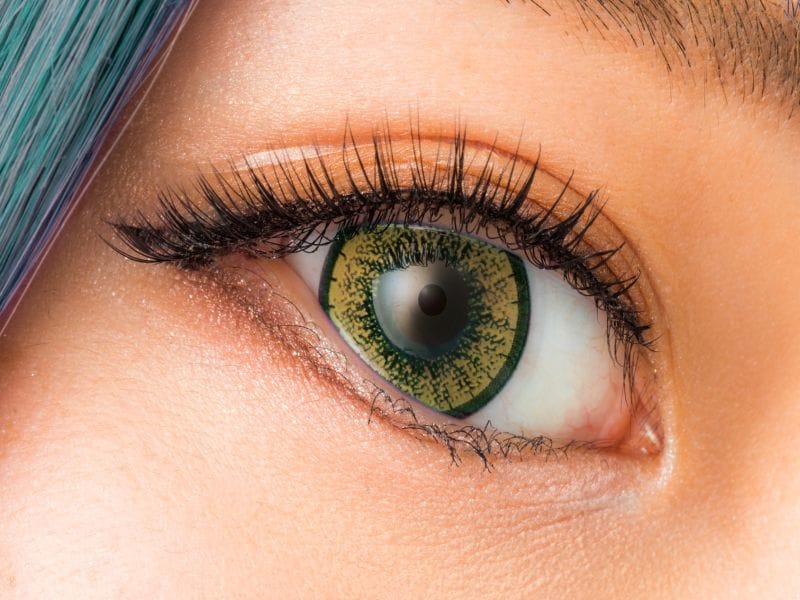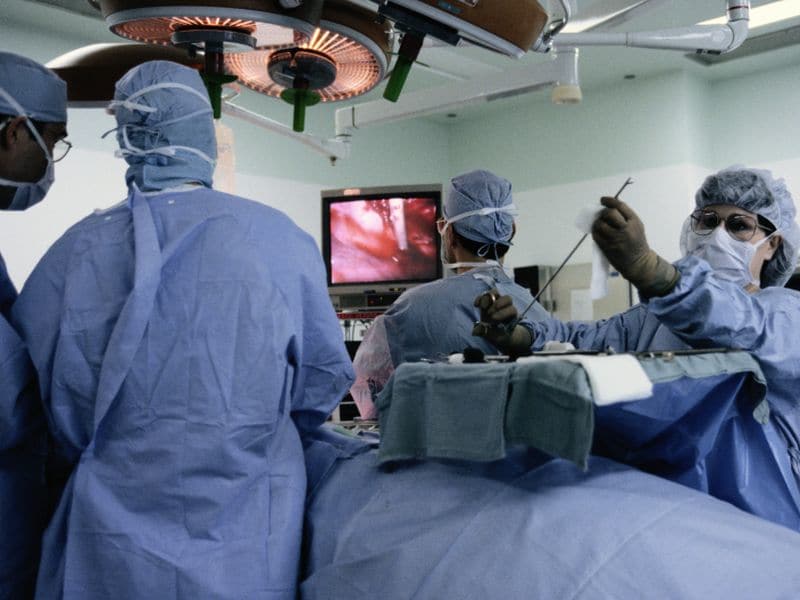
The arrival of colder weather typically invites a spike in sore throats. While uncomfortable, a normal sore throat can be treated at home with rest and plenty of fluids. In more serious cases, a bacteria or virus can trigger a sore throat, which may require a doctor’s care. The American Academy of Otolaryngology Head and… read on >










